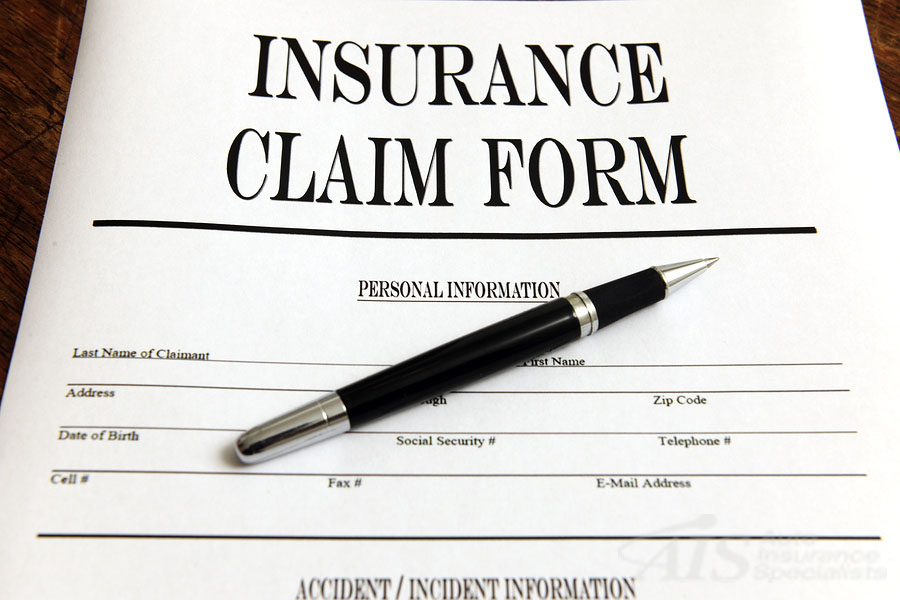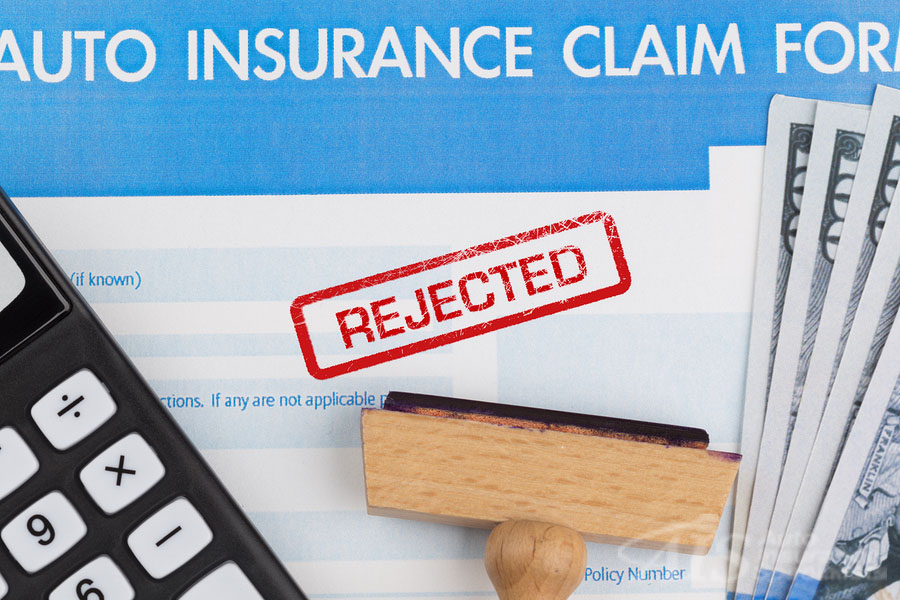When you started driving, you knew that you had to get auto insurance to comply with the law, and also to protect your property and yourself in case you were involved in an accident. You probably don’t think too much about your auto insurance coverage, and just assume it will be there to cover you if an accident would happen. What would you do if you filed a claim and it was denied?
Most people buy auto insurance with the understanding that it will cover the damage caused if they get into an accident, yet each year insurers deny thousands of claims. Here’s the truth about why insurers deny claims and how you can make sure your claim won’t be denied.
Understanding Your Auto Insurance Policy
Not all auto insurance policies have full coverage. In fact, “full coverage” is a term most carriers avoid because it is not specific and means different things to different people. When you sign up for coverage, it’s important to understand exactly what your policy will cover and what it won’t. For instance, if you opt for minimum coverage, in most states you will not have collision and comprehensive coverage, which means that any damage to your car will not be covered. For older cars without much value, this makes sense; however, if you are expecting the insurer to fix or replace your car, it will not usually happen with state minimum coverage.
Most policies also exclude coverage if you use the car for business purposes, such as making deliveries. Some business use may be covered by disclosing it up front and paying a surcharge, but if you didn’t have that in place at the time of the accident, your claim will be denied. Another exemption could occur if you have customized your car with expensive modifications but haven’t told your insurance company. Since it will cost them more to cover the damage, you are obligated to notify them in case your premiums need to be adjusted.
Another reason your claim could be denied is if it exceeds the limits of your policy. You choose these limits when you buy the policy, and you need to be aware of them before filing a claim. In some states, there are some types of coverage that are optional as well. If you opt not to have uninsured/underinsured motorist coverage on your policy, for example, then any claims you file for an accident with an uninsured driver may be denied.

Following the Laws and Rules
Any accident that takes place when you are breaking laws or rules may result in a denied claim. Some examples of this are driving while intoxicated, allowing an unlicensed driver to drive your vehicle, or trying to escape during a police chase. There are provisions in your policy stating that you need to follow applicable laws in addition to any stipulations in the policy itself.
If you decide to exclude a driver in your household from coverage on your policy, then let him drive your car, don’t expect the insurer to cover any damage resulting from an accident. Driving with a suspended license is another instance where a claim could be denied.
Using Circumstantial Evidence to Deny a Claim
Insurance companies can sometimes use information gathered at an accident scene, or even lack of information, to deny a claim. It’s a good step to notify the company of any accident and not to wait to notify your insurer. Also, you should seek medical attention as soon as possible. If you wait too long, an insurer could claim that your injuries did not result from the accident and reject your claim as fraudulent.
Usually, the more information you can document about the accident, the better chance you have of making a successful claim. Police reports are typically thorough, so it’s best to notify police even if the accident is minor and no one appears to be hurt. You can take your own pictures as well as talking to witnesses to supplement the information gained in other ways, if you are able. Police and doctors’ reports can corroborate your own account of the accident and go a long way to avoiding claim denials.
When it comes to medical care, an insurer may claim that rather than a result of the accident, your pain is actually caused by a pre-existing condition. The medical professionals who treat you can speak to this assertion and let the insurance company know that the accident caused further damage or caused different problems entirely.
When a Claim is Unfairly Denied
First, the good news: Careful research will help ensure that you choose a reputable insurer, one that will work with you to help you get the coverage you need to handle damages resulting from an accident.
If you think your insurer has denied your claim unfairly, there are several things you can do to fight the decision. First, you need to study your policy to see if the company has legitimate grounds to deny your claim. A lawyer can help with this process if necessary. You can typically file an appeal within the company itself or with the state, which has various mediation processes.
If you feel that a claim is unfairly denied you can contact an attorney. A car accident lawyer will typically handle your case on contingency, which means that you don’t have to pay until and unless you get a settlement. If you do get a settlement, the lawyer will take his fee as a percentage, but the settlement should cover your auto repair and medical needs even after the lawyer’s fee. Also, it costs you nothing to consult a car accident lawyer and find out whether the insurer has denied your claim fairly.
Having the right insurance can help ensure that claim denial will not be in your future. Get an auto insurance quote from AIS Insurance that will protect you in any situation.
The information in this article was obtained from various sources. This content is offered for educational purposes only and does not represent contractual agreements, nor is it intended to replace manuals or instructions provided by the manufacturer or the advice of a qualified professional. The definitions, terms and coverage in a given policy may be different than those suggested here and such policy will be governed by the language contained therein. No warranty or appropriateness for a specific purpose is expressed or implied.


